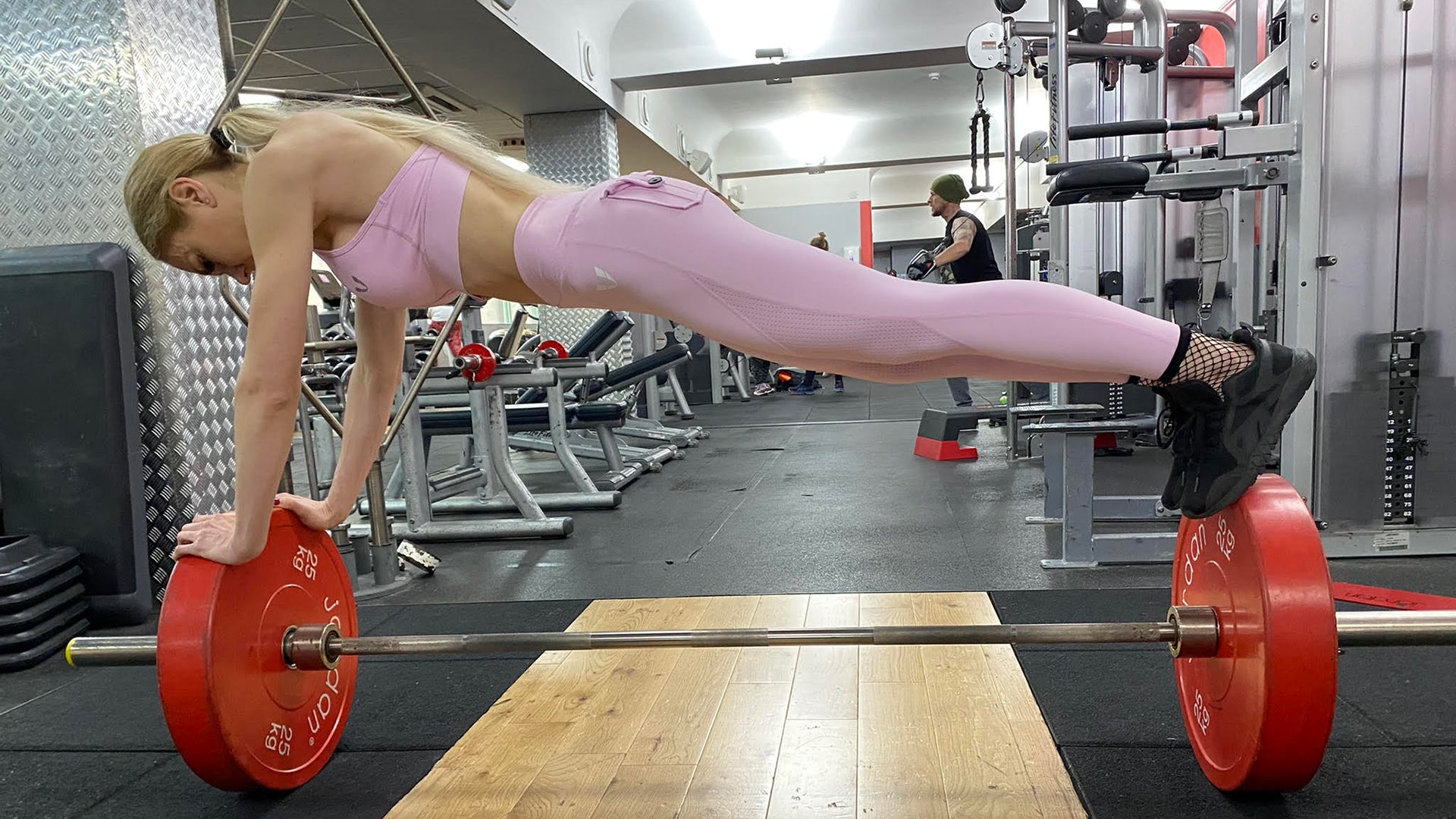
8 walking mistakes to avoid
Walking is one of the simplest exercises that you can do, and it's also great for your overall health. However, there are a few mistakes that people often make while walking, which can lead to problems like shin splints, plantar fasciitis, and other injuries. A number of people also find that their walking workouts are less effective because they're not doing them correctly. If you want to get the most out of your walking workouts and avoid any injuries, here are eight walking mistakes that you should avoid:
1) Not Warming Up
One of the biggest mistakes that people make is not warming up before they start walking. This can lead to injuries since your muscles and joints aren't ready for exercise. A good warm-up should include five to ten minutes of light aerobic activity, like jogging or cycling. If you're short on time, you can also do a quick dynamic stretching routine. The quickest and easiest way to warm up is to walk for a few minutes at a slower pace than you intend to walk during your workout. This will get your body ready for more vigorous activity. Not warming up is one of the most common walking mistakes, so make sure to take the time to do it. It only takes a few minutes and it can help you avoid injuries. Also, don't forget to cool down after your walk. This is just as important as the warm-up, and it will help your body recover from the workout.

2) Not Stretching
Stretching is another important part of any workout, and it's especially important when you're walking. Stretching helps to improve your flexibility and range of motion, and it can also help prevent injuries. Make sure to stretch after you warm up, and hold each stretch for at least 30 seconds. You should also focus on stretching the muscles that you use most when you walk. For example, if you tend to walk with a lot of forward momentum, then you should focus on stretching your hamstrings and calf muscles. When you're done stretching, you should feel more flexible and your muscles will be less likely to get injured.
3) Walking Too Fast
Many people make the mistake of walking too fast, which can lead to problems like shin splints and other injuries. If you're not used to walking, then start out by walking at a slow, steady pace. As you get more comfortable with walking, you can gradually increase your speed. It's important to find a pace that you can maintain without feeling out of breath or uncomfortable. If you walk too fast, you won't be able to keep up the pace for very long, and you'll quickly become tired. Walking too fast is one of the most common walking mistakes, so start out slow and gradually increase your speed as you get more comfortable with walking.

4) Striding Too Long
When you're walking, make sure to keep your strides short. If you take long strides, it can lead to problems like shin splints or plantar fasciitis. Your strides should be about the length of your foot, and you shouldn't take more than one step at a time. This will help you maintain a steady pace, and it will also reduce the stress on your feet and legs. When you're first starting out, it may be difficult to keep your strides short. But with a little practice, you'll be able to find the right stride length for you.
5) Wearing the Wrong Shoes
One of the most important things to do when you're walking is to wear the right shoes. Wearing shoes that don't fit well or that aren't designed for walking can lead to a number of problems, like blisters, heel pain, and ankle sprains. When you're shopping for shoes, make sure to try them on and walk in them around the store. The shoes should feel comfortable and they should be the right size. You should also look for shoes that have good support and cushioning. If you're not sure what shoes to buy, ask a salesperson for help. They can recommend shoes that are designed for walking, and they can help you find the right size and fit.

6) Walking on Hard Surfaces
Another common mistake that people make is walking on hard surfaces, like concrete or asphalt. Walking on hard surfaces can lead to injuries like shin splints or heel pain. If possible, try to walk on softer surfaces, like grass or dirt. If you have to walk on a hard surface, make sure to wear shoes that have good cushioning and support. You should also try to avoid walking on uneven surfaces, like gravel or sand.
7) Not Drinking Enough Water
Walking is a great way to stay healthy, but it's important to drink plenty of water before, during, and after your walk. If you don't drink enough water, you can quickly become dehydrated, which can lead to problems like muscle cramps or heat stroke. It's important to drink water even if you're not thirsty. And if it's hot outside, make sure to drink even more water. A good rule of thumb is to drink eight ounces of water for every 20 minutes of walking. Water is essential for keeping your body healthy, so make sure to drink plenty of it when you're walking.

8) Setting Unrealistic Goals
Another biggest mistake that people make is setting unrealistic goals. If you're not in good shape, don't try to walk for hours at a time. Start out by walking for short periods of time, and gradually increase the duration as your fitness level improves. It's also important to set realistic goals when it comes to speed and distance. If you're not used to walking, don't try to walk too fast or too far. Start out slow and gradually increase your speed and distance as you get more comfortable with walking.
Walking can be a great way to stay healthy and get in shape. But while it may seem simple, there are many mistakes that people often make when they start walking. From wearing the wrong shoes to not drinking enough water, these common errors can lead to injuries or other problems for your feet and legs. If you want to avoid those pitfalls, make sure to follow these tips for walking correctly.





Commenta
Questo sito è protetto da hCaptcha e applica le Norme sulla privacy e i Termini di servizio di hCaptcha.